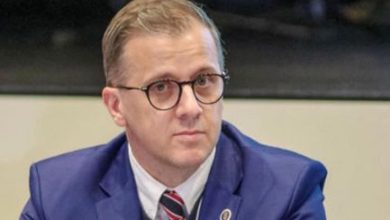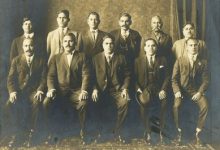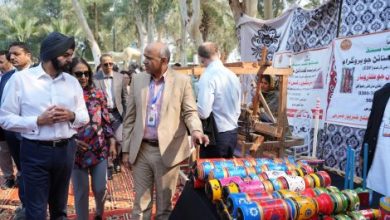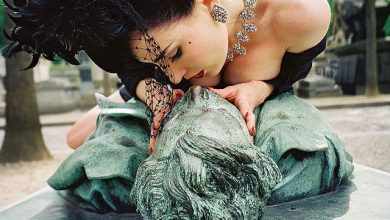Block Title
-
Interview

Preserving Heritage: Albanians in the Diaspora
Dashnim Hebibi says ‘Preserving Language, Tradition, Free Speech, and the Connection to the Homeland –…
Read More » -

-

-

-

-

-

-

-

-

-

-


Dashnim Hebibi says ‘Preserving Language, Tradition, Free Speech, and the Connection to the Homeland –…
Read More »











A Rural Woman’s Journey of Enterprise and Empowerment By Nadir Ali Shah In village Baho Jhatial, UC Mashoori, Taluka Bakrani,…
Read More »
Ajay Banga and his wife show keen interest in the enterprises, appreciate the quality and creativity of women’s crafts, and…
Read More »
Since many of the poorest people in the world are women, eradicating poverty is a key challenge for rural women…
Read More »
A deeply entrenched problem in most societies is gender food discrimination. While not commonly talked about, it can be seen…
Read More »
The state should not enforce a blanket ban on burkas because it is an infringement on religious freedom. By Ralph…
Read More »
Gender equality and feminism are closely related to human rights, justice and democratic values in today’s world Davlatova Shodiyona |…
Read More »
No member of the family should be discriminated against based on gender Jasmina Rashidova Bahodir | Uzbekistan In today’s world,…
Read More »
Suppressing women’s intellectual and creative pursuits is not only unjust but also detrimental to society as a whole Abdul Basit…
Read More »
Sindh still struggles with tribal customs, low literacy rates, and patriarchal structures, which hinder women’s full participation in society Dr.…
Read More »
The article highlights critical issues like child marriages, domestic violence, and the pay gap, presenting a perspective on the true…
Read More »
Every day, 3 to 5 women in Pakistan are victims of violence, including honor killings. This shows how deep patriarchy…
Read More »
More than 35 women from diverse professional backgrounds, interacted with each other and learned about the core topics Karachi, Sindh…
Read More »
240-seat Boeing 737 transported overland from Karachi to Hyderabad Aamir Latif KARACHI, Sindh, Pakistan For the first time in Pakistan’s…

Alabai Day is the National Holiday to honor Turkmen Alabai, a large dog breed that is traditionally used to guard…

Women from all over come to the cemetery to kiss Victor’s lips, and rub the bulge in his trousers. By…

Latin American politicians, activists, artists and athletes are among the 100 most influential women in the world in 2002. Monitoring…

Dashnim Hebibi says ‘Preserving Language, Tradition, Free Speech, and the Connection to the Homeland –…
Read More »


